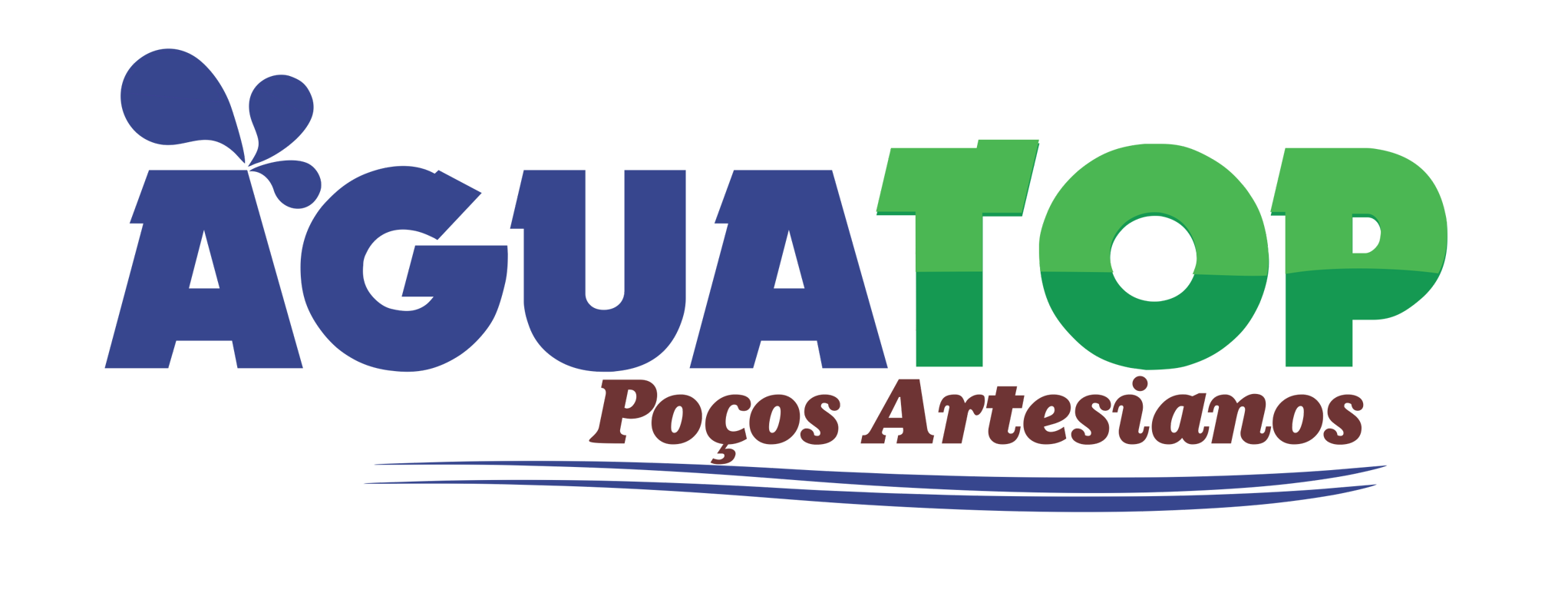Edward I of England took on another expedition in 1271. Even though there is ample evidence of Europeans in the Early Middle Ages accepting the basics of Christian doctrine, most definitely the existence of hell, a different paradigm of life on earth and the afterlife was so deeply ingrained in the communal consciousness that it could not easily just be set aside. the physical features of its surface, is varied. This was especially so regarding the afterlife state of purgatory in which one's soul would pay in torment for any sins not forgiven by a priest in one's life. poll taxes According to the people of the Roman Catholic Church, the apostle Peter was the first ever Pope(OI). Medieval. The Church was only the only centralized institution surviving the Fall of Rome and eventually emerged as the leading spiritual guide and . The Cathars were not alone in suffering persecution from the Church, however, as the Jewish population of Europe had been experiencing that for centuries. A parishioner could loathe the priest but still respect the religion that said priest represented. "Peasant Religion in Medieval Europe. Since it was the official church of the Roman Empire, most people in Western Europe were Christians. In September 1191, Richards forces defeated those of Saladin in the battle of Arsuf, which would be the only true battle of the Third Crusade. In the void left by the collapse of the Roman Empire, the bishop of Rome grew even more in both power and prestige beginning in the sixth century and continuing to the reformation in the ninth century. Decline Of The Middle Ages Essay - Internet Public Library These cookies help provide information on metrics the number of visitors, bounce rate, traffic source, etc. As the medieval period progressed, the Church exerted more control over people's thoughts and practices, controlling or trying to every aspect of an individual's life until the corruption of the institution, as well as its perceived failure to offer any meaningful response to the Black Death pandemic of 1347-1352, brought on its fracture through the Protestant Reformation of the 16th century. Mark has lived in Greece and Germany and traveled through Egypt. The Catholic Church put forth the belief that people could only get to heaven through the Church. In 1229, in what became known as the Sixth Crusade, Emperor Frederick II achieved the peaceful transfer of Jerusalem to Crusader control through negotiation with al-Kamil. The church will also be the primary keeper of knowledge in the Middle Ages, and they will accomplish most cultural advancements. When did the church lose power in the Middle Ages? In 1144, the Seljuk general Zangi, governor of Mosul, captured Edessa, leading to the loss of the northernmost Crusader state. Lies, spies and torturelots of torturemasterminded by a power-hungry, money-mad read more, Charlemagne was a medieval emperor who ruled much of Western Europe from 768 to 814. Unfortunately, the innocent had to enjoy exoneration post-mortem since they usually drowned. In Medieval England, the Roman Catholic Church dominated everyday life and controlled everyone whether it is knights, peasants or kings. Many feudal lords and continental people contributed 10% of their earnings to the church and the church was exempted from paying taxes. In May 1097, the Crusaders and their Byzantine allies attacked Nicea (now Iznik, Turkey), the Seljuk capital in Anatolia. In contrast, as Geary notes, the Catholic clergy epitomized the very Seven Deadly Sins they condemned: The ignorance, sexual promiscuity, venality, and corruption of the clergy, combined with their frequent absenteeism, were major and long-standing complaints within the laity.
Sig 516 Gen 2 10 Upper,
Camping Items Starting With X,
Articles T





